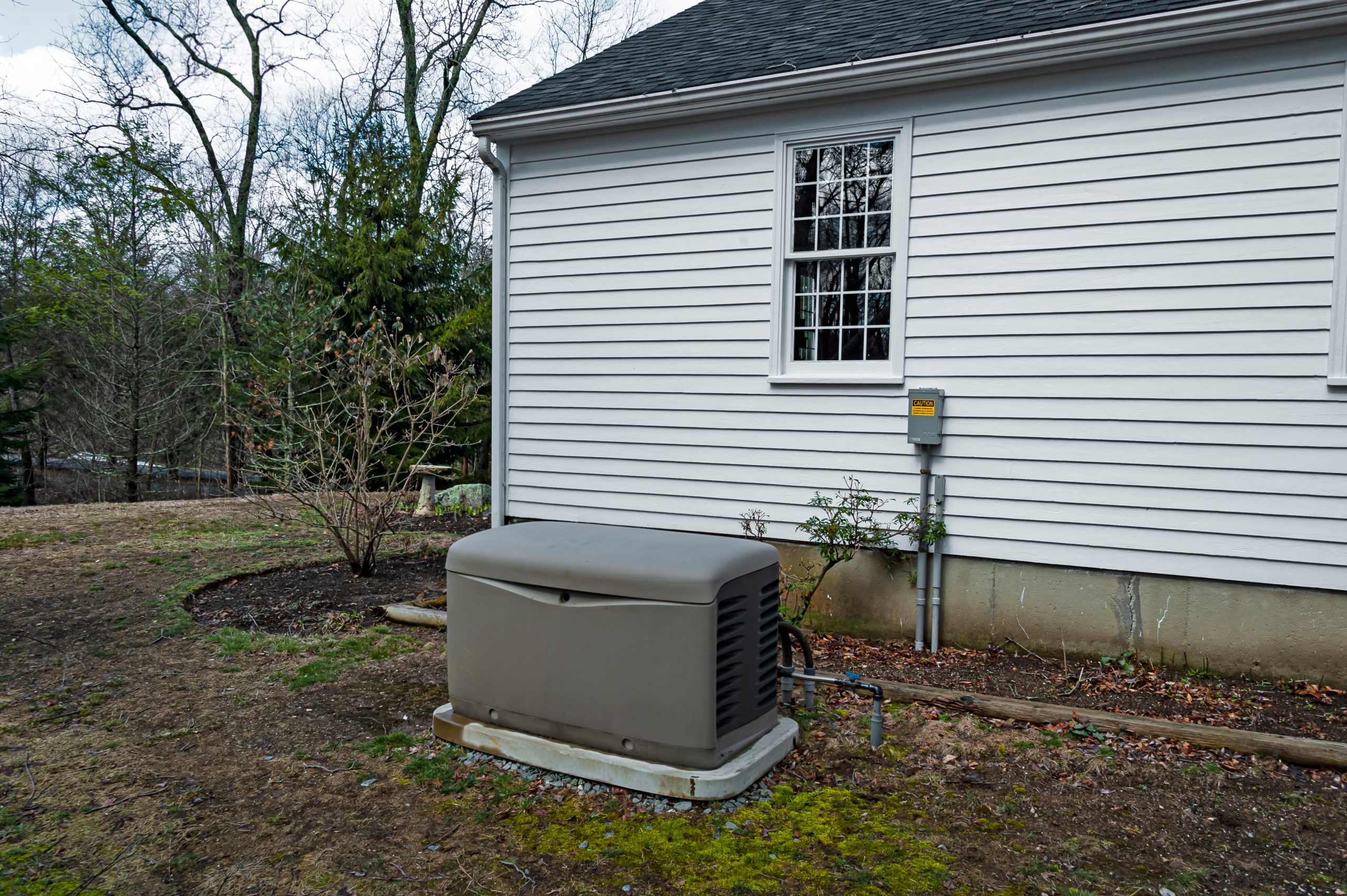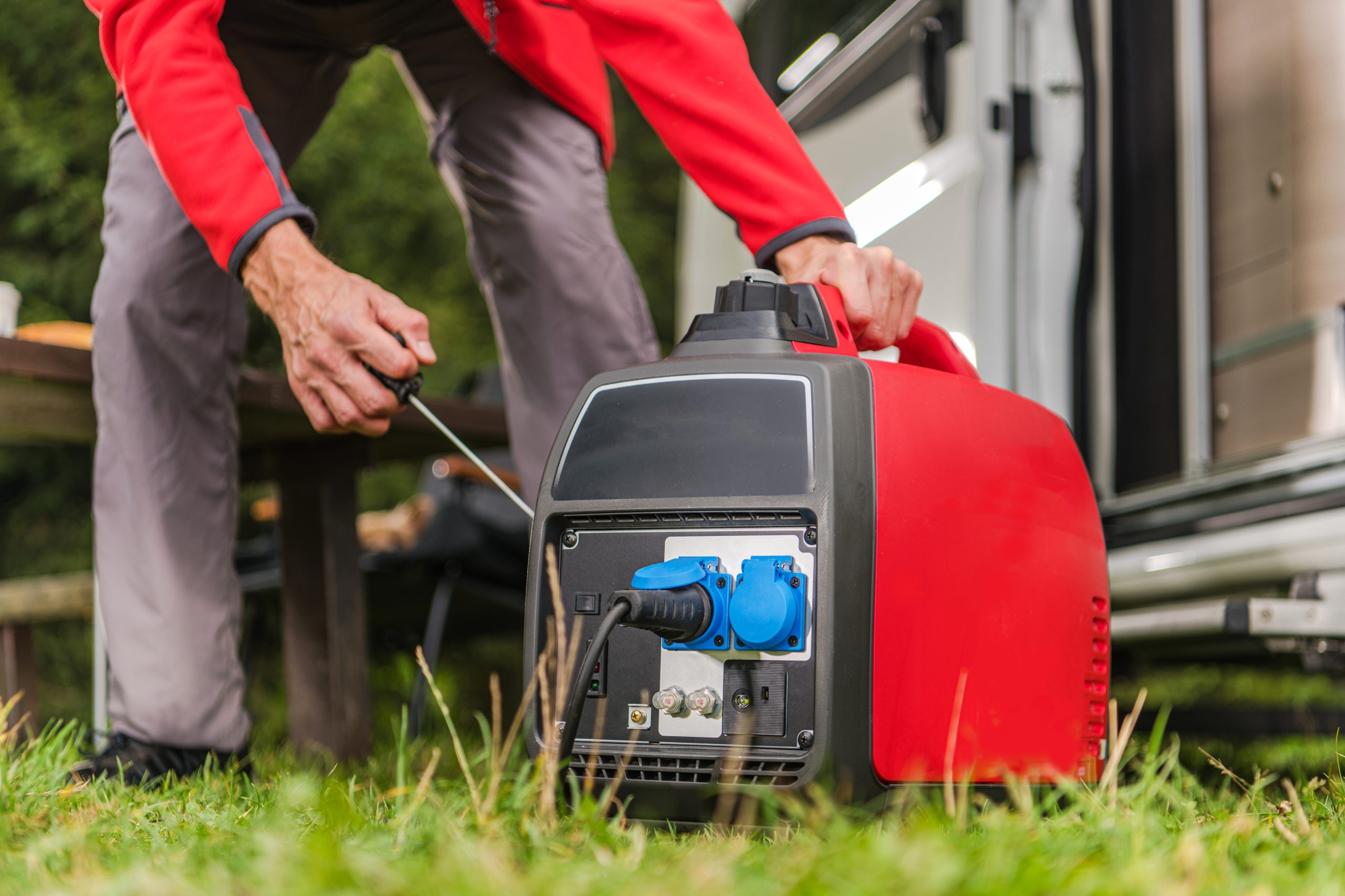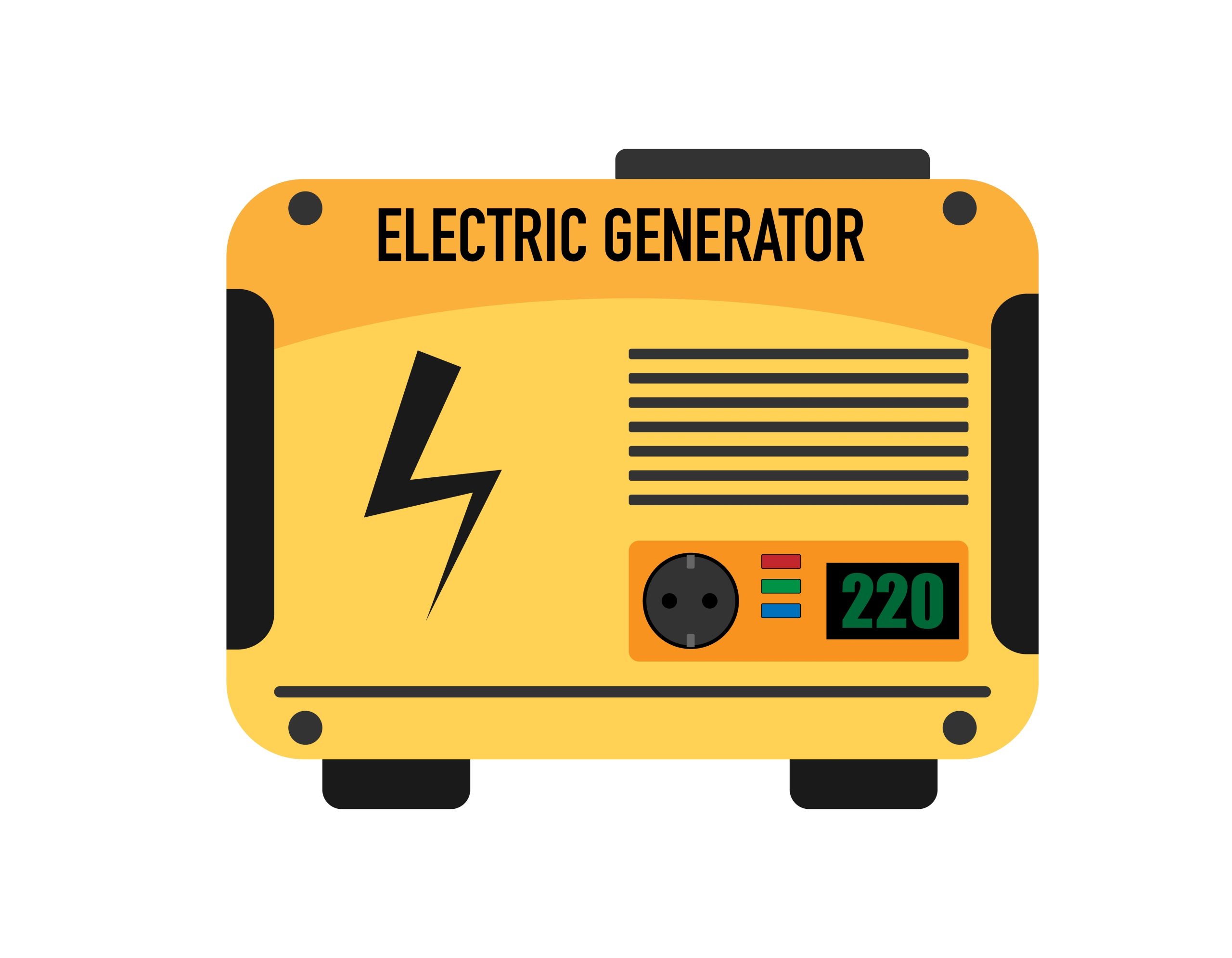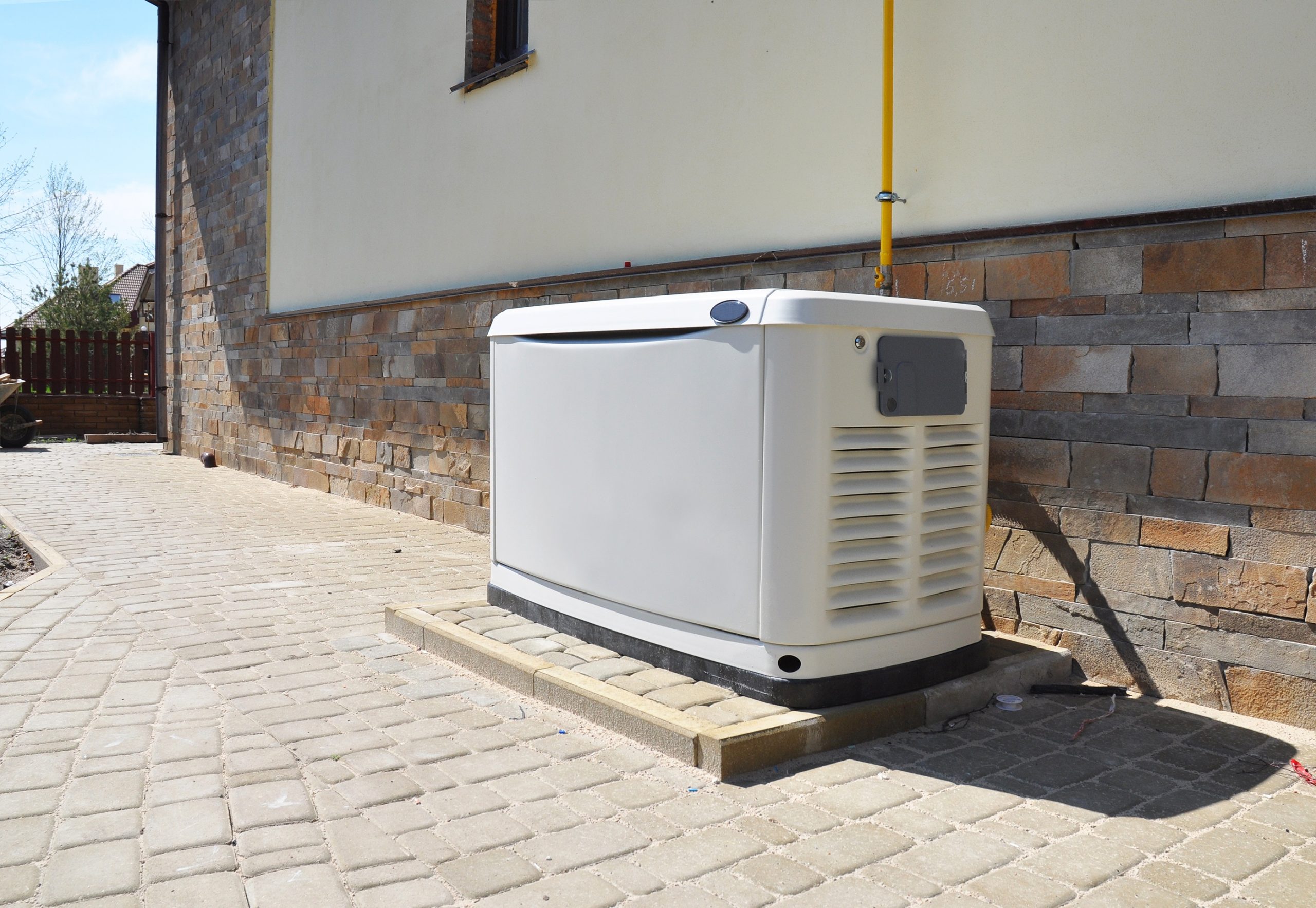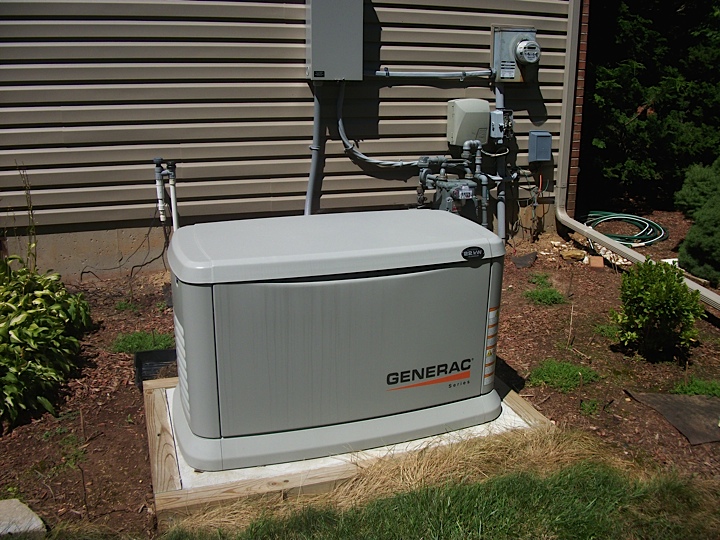The term “Capital Improvement” is defined as a significant improvement in the value of the real estate, an asset used to produce cash flow.
A whole house generator can be considered a Capital Improvement if it makes your home more energy efficient and saves you money on utility bills. The main reason people buy generators for their homes is to ensure that they can have electricity available during power outages or natural disasters.
3 Ways to Deduct the Cost of Installing a Whole-Home Generator
Installing a home backup generator offers several benefits, but it is not inexpensive. Prices range from roughly $4,000 for a simple generator to more than $20,000 for a whole-home generator, so it’s not a purchase that everyone can afford. However, there are methods to employ emergency power installation to save money on taxes.
1: Medical Expenses
A generator purchased for medical purposes is tax deductible as a medical cost if you have a letter from your doctor to include with your tax return. For instance, if your family has any of the following requirements, you can build a standby generator and deduct a portion of the cost from your tax return:
- Patients with kidney disease who require regular dialysis
- Patients with sleep apnea who use a C-Pap machine to sleep
- Patients with restricted mobility who use chairlifts to move around the house
- Para- and quadriplegics who utilize specialized wheelchairs with batteries that must be charged
According to Turbo Tax, you can deduct medical and dental expenses for yourself, your spouse, or dependents that are primarily for the diagnosis, treatment, cure, relief, or prevention of illness, as well as the alleviation or prevention of physical or mental defect or sickness.
So, if you spend $20,000 building a generator, which enhances the value of your property by $15,000, the remaining $5,000 is deductible against medical expenses on line 1040 after the 7.5 percent is deducted.
2: Capital Gains Tax
With the real estate market finally improving, it’s time to reconsider capital gains tax. While every homeowner desires to achieve a reasonable price when selling, if you do, you may lose money by paying capital gains tax on the profit. A home backup generator can assist with this. If installing your generator increases the resale value of your home, you can recuperate part of the cost by presenting your receipt when you pay your taxes. This reduces the capital gains tax.
3: Energy Tax
State governments are continuously promoting energy savings, and certain generators are eligible for renewable energy tax credits if they use natural gas. Suppose you install a whole-home generator as part of a renovation project that includes insulation that makes your home more environmentally friendly. In that instance, you may be eligible for a non-taxable grant or subsidy and a tax credit for environmental initiatives.
Installing a whole-home generator may be expensive, but if you need one, it’s worth investigating whether you can claim any tax credits to offset the cost.
Contact Home Generator Installations. LLC, today to learn more about home generators. You’ll be glad you did!

